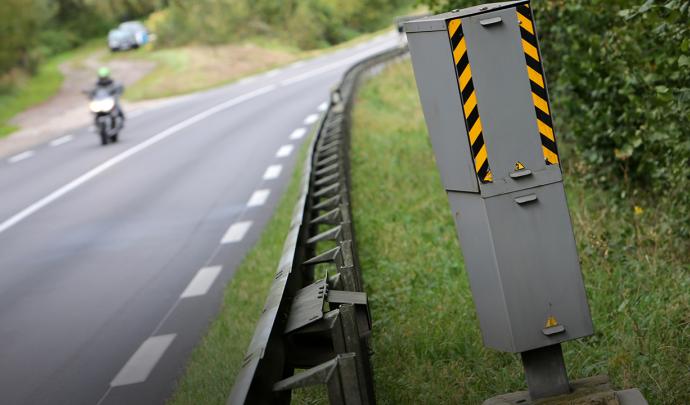With free movement and the opening of borders in Europe, the states of the European Union were quickly confronted with the problem caused by foreign drivers flashed in their respective countries. To get around the problem, the EU put in place Directive 2015/413 to allow its members to facilitate the exchange of information on drivers in the event of an infringement being detected.
However, since January 1, Brexit requires, this directive no longer applies to the United Kingdom and the fines end up in the trash. The British, like the French, can therefore have a field day with their neighbor.
The number of offenses is far from negligible: in 2019, no less than 444 offenses were sent by the French authorities to Britons, who are on the top step of the podium for paid traffic offenses committed by foreigners in France , far ahead of the Belgians (000) and the Germans (295). On a strictly financial level, it is therefore a shortfall of 899 to 249 million euros, due to this departure of the British from the European Union.
This only concerns speeding detected by automatic radars, because in France, a foreigner in violation, arrested by the police, may have to immediately pay the amount of the corresponding fixed fine, or the deposit of the same amount, or even suffer the immobilization of their vehicle when no guarantee is provided.
Furthermore, France does not despair of negotiating a bilateral agreement allowing the sending of future fines to offenders. It remains to be seen how long these talks will last. That said, with the health context and the six-week re-containment decided by British Prime Minister Boris Johnson, the impact should initially be very marginal.



